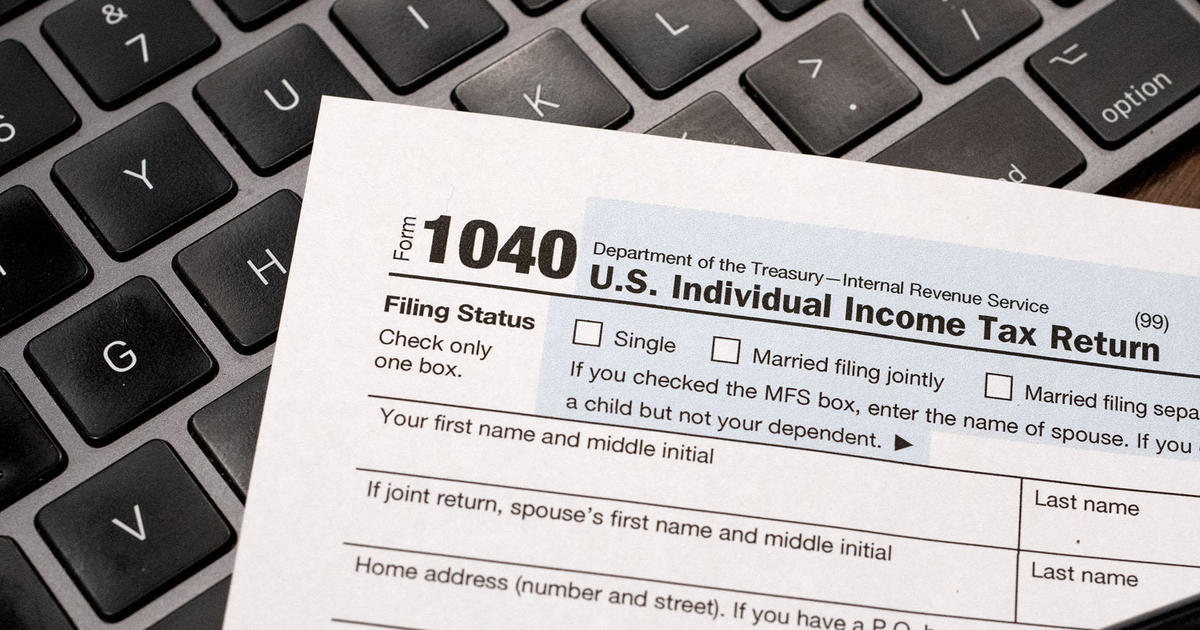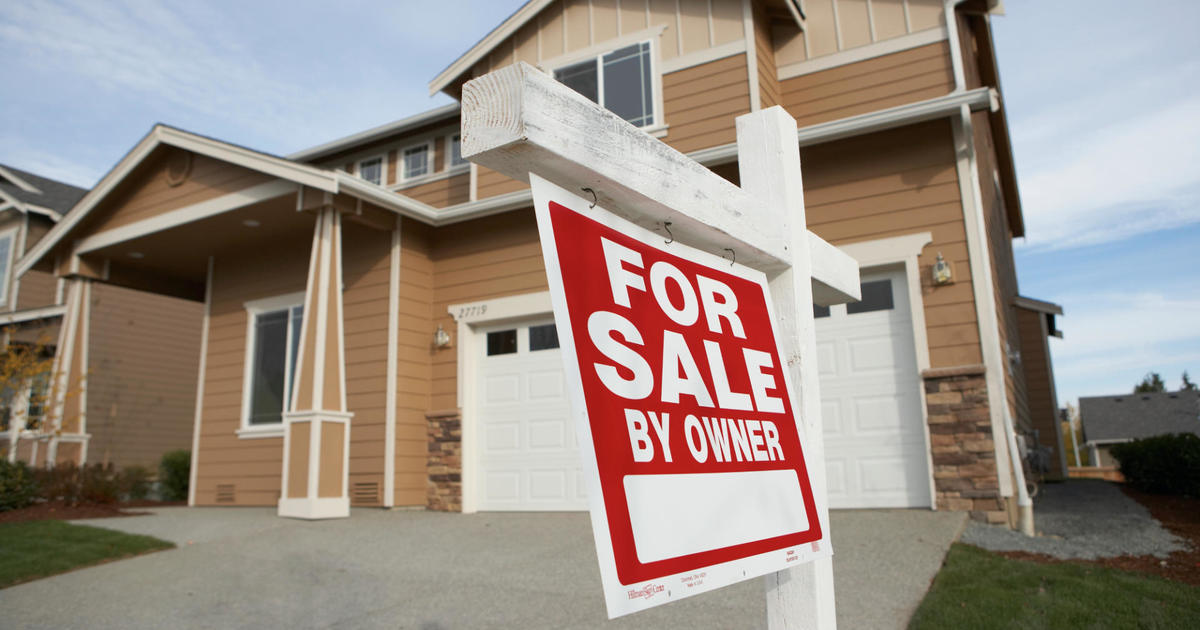Keller @ Large: Tax Policy Questions That Voters Could Face
BOSTON (CBS) -- Have you paid your taxes yet? The filing deadline is just a little over a week away. To discuss current and future tax policies in Massachusetts, State Representative Jay Kaufman joined Jon Keller on Sunday.
Kaufman is the longtime chairman of the House Committee on Revenue. He is leaving the legislature early next year after over two decades in the House of Representatives.
"No state has cut it's state taxes more than we have other than South Dakota over the last 20 or so years. We've done dramatic tax cuts and yet we keep expecting to get the same level of public service from our government --that just doesn't work. There's no way we can make that work," said Kaufman.
He hopes there is a growing understanding of that. Commissions have looked at the public education system and determined that $1 billion is necessary. Similar shortcomings have been found in road and public transportation investments.
"I think when we go to the voters and ask for additional funds, we darn well better make a good case for them. We can't just pull wool over people's eyes and I think that's appropriate. I'm hoping that the national debate about government, in general, leads us to believe that actually there is an important role for good government. And if we can prove that we're good government, people will come with us."
The Fair Share Amendment is a big potential change to tax policy in our immediate future if the Supreme Judicial Court clears the way for it to be on the November ballot. Keller said voters in the Bay State have typically been against the idea, fearing that millionaires will pack up their business and move to another state.
"The research and data on that is very mixed," Kaufman responded. "Those who are opposed to the Fair Shar Amendment will cite the studies that suggest there will be increasing out-migration. One of those took a look, at I think it was Maryland, that after a major tax increase on the wealthiest showed a decrease in the number of millionaires paying taxes. It turns out that it wasn't because people were leaving the state, it was because the economy had dipped, this was in 2008."
He said the Federal Reserve and other places have done studies and found there was no out-migration.
"We're hearing from many members the business community that if we don't invest in roads and bridges and public transit and public education, we're not going to have the economic wherewithal to grow the economy and be the Commonwealth we want to be."
Another proposed ballot question would let voters decide if the state sales tax should be decreased from 6.5% to 5%. Kaufman is opposed to that.
"Right now, in Massachusetts, if you're among the wealthiest or those with the highest income, your overall tax burden is somewhere in the neighborhood of 5% of your household income for state and local taxes. If you're the poorest among us it's about 10% so there is a fundamental inequity in the way we do taxes," said Kaufman.
He added in an ideal world, there would be a graduated system and a low sales taxes but that was politically unachievable. Lowering the sales tax to 5% would reduce state revenue by $1.2 billion.
Kaufman, in the past, has backed initiatives where seniors can be exempted from changes in the local property tax rate. He said this issue has largely been avoided by the legislature. "We need to be taking a look at prop. two and a half all over again because it may have made a lot of sense when it was first initiated, it's had some unintended consequences ever since that make it very difficult to make good tax policy."
"I am disappointed that these major policy questions come to us by way of our constituents and not by way of the debate that we're having at the house," Kaufman said when Keller asked how he felt about large tax policy decisions being left for voters to decide upon.



